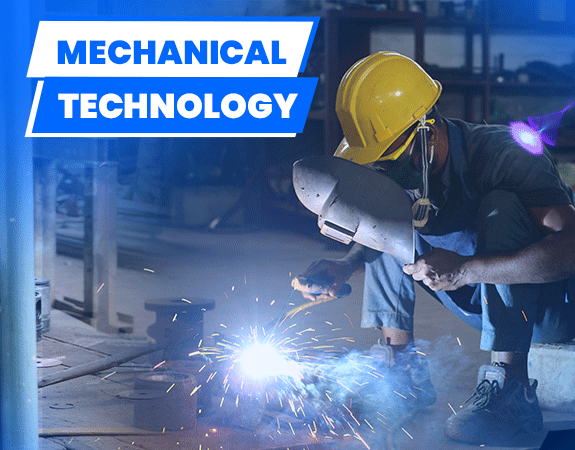What You Need For Better Diploma Industrial Attachment Training

Diploma industrial attachment training is a crucial component of many educational programs, offering students the opportunity to gain practical experience in their chosen field. To make the most out of your industrial attachment, you need to be well-prepared and proactive. In this blog post, we'll discuss the essential ingredients you need for a better diploma industrial attachment training experience.
1. Clear Objectives
Before you begin your industrial attachment, it's essential to have clear objectives. What do you want to learn or achieve during this period? Setting specific goals will give your training a sense of direction and purpose. Whether it's acquiring specific skills, gaining industry insights, or building a professional network, having a clear focus will help you make the most of your experience.
2. Research and Preparation
Thoroughly research the company or organization where you'll be doing your attachment. Understand their mission, values, products, and services. Familiarize yourself with the industry trends and challenges they face. This background knowledge will not only impress your supervisors but also help you adapt more quickly to your new work environment.
3. Professional Attitude
A professional attitude is essential during your attachment. Treat it as a real job and take it seriously. Punctuality, reliability, and a strong work ethic are highly valued in any workplace. Dress appropriately according to the company's dress code, and maintain a positive attitude even when facing challenges.
4. Effective Communication Skills
Effective communication is crucial in any work setting. Practice active listening and ask questions when needed to clarify instructions or tasks. Also, don't hesitate to communicate your progress and any issues you encounter to your supervisors. Clear and open communication will help you learn and grow during your attachment.
5. Adaptability
Every workplace has its unique culture, processes, and expectations. Be adaptable and open to new experiences. Embrace change and be willing to take on various tasks, even if they fall outside your comfort zone. Flexibility and adaptability will not only make you a valuable team member but also help you develop a diverse skill set.
6. Networking
Networking is a valuable aspect of your industrial attachment. Connect with your colleagues, supervisors, and other professionals in your field. Attend company events, industry seminars, and workshops if possible. Building a professional network can open doors to future opportunities and provide valuable insights into your chosen career path.
7. Documentation and Reflection
Keep a journal or logbook to document your daily tasks, achievements, and challenges. Regularly reflect on your experiences and what you've learned. This documentation will serve as evidence of your growth and can be useful when updating your resume or discussing your attachment in future interviews.
8. Time Management
Efficient time management is crucial during your attachment. Prioritize tasks, set realistic deadlines, and avoid procrastination. Effective time management will help you complete your responsibilities efficiently, leaving room for additional learning opportunities.
Conclusion
A successful diploma industrial attachment training experience requires careful planning, professionalism, adaptability, and effective communication. By incorporating these key ingredients into your approach, you can make the most out of your attachment, gain valuable skills and insights, and position yourself for a successful future in your chosen field. Remember, your industrial attachment is not just a requirement; it's an opportunity for growth and development.
















0 comments